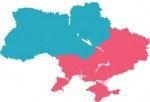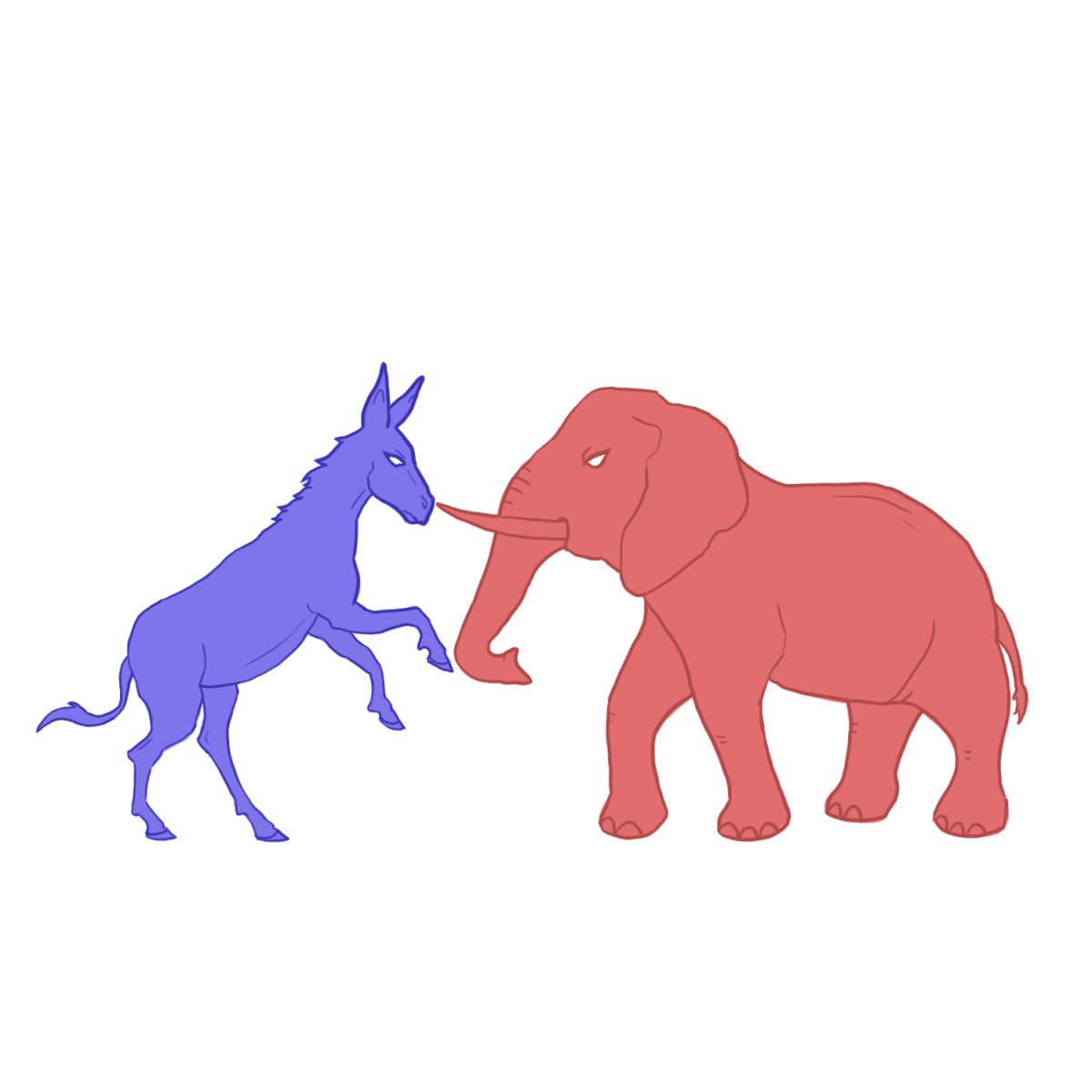As tensions in Ukraine have captured international attention over the last few months, A&M professors analyze and interpret the conflict and its implications.
Protests in Ukraine began in November when the recently ousted Ukrainian President Viktor Yanukovych rejected a trade deal with the European Union due to pressure from Russia.
The conflict turned deadly when the Ukrainian government cracked down on protestors, resulting in up to 100 deaths. Since then, the Ukrainian president has fled the capital after his security forces refused to repel protestors and the Ukrainian Parliament removed him from power.
Gabriela Thornton, senior lecturer at the Bush School, said the biggest mistake Yanukovych made was authorizing the use of force against protestors.
“When you start cracking on people in daylight, that is a mistake,” Thornton said. “In my interpretation, maybe if [Yanujovych] would have stayed away, that protest would have died away.”
Larry Napper, former ambassador and senior lecturer at the Bush School, said the heart of the conflict lies between those who wish to increase their ties with the European Union and those who want to keep their historical connection with Russia.
“Ukraine is what we call a classically divided state,” Napper said. “It is divided along lines of ethnicity and language and culture. The eastern part of the country is where the majority identify themselves as ethnically Russian, prefer Russian as their first language and watch Russian TV. In the more western parts of the country, it is exactly the opposite.”
Although most of the protestors are assumed to be pro-European, Thornton said they represent many different ideologies, including radical and nationalist parties that are not considered pro-European.
Napper said Ukraine is struggling with creating an interim government because three conflicting political parties are vying for the position.
Thornton said Ukraine is a long way from establishing a responsible democracy that is able to successfully manage the problems Ukraine is facing.
“Western media portrays constantly this as a democratic movement or a democratic revolution, but I myself have some doubts,” Thornton said. “Ukraine is not going to become a democracy overnight. Americans are very enthusiastic about this movement – we all are enthusiastic about movements like this, but democracies entail a lot.”
In the meantime, Napper said Ukraine is facing huge economic problems.
“Meanwhile, the country is in economic free fall,” Napper said. “They are facing imminent default and the collapse of the Ukrainian currency. The estimate for what they need just to get to the end of this year, they would need $35 billion – with a ‘B’ – in foreign assistance … and where is that money going to come from?”
Russia and the International Monetary Fund may offer aid, but Thornton said the offers come with conditions. Russia will only give aid if Ukraine has a pro-Russian government, and the IMF will only give aid if Ukraine implements austerity measures on its economy, which would be unpopular with the Ukrainian public.
Vladislav Steere, graduate student in public service and administration at the Bush School, has dual citizenship in the U.S. and Russia.
Steere said pro-European activists and the Western world see the removal of the Ukrainian president as the will of the people prevailing. However, Steere said pro-Russian Ukrainians and Russians view the removal of Yanukovych as an illegitimate coup by radical protestors.
“[The Russian media sources] are pretty much calling this a coup by terrorists,” Steere said. “They are saying this is not a rightful change in power … They are saying it is illegitimate and that the Ukraine has pretty much become a Europe and U.S. puppet.”
Steere said the economic and military effects of the Ukrainian conflict are particularly of interest to A&M students and to the U.S.
“Another thing I think really has an effect is the possibility of the instability, and heaven forbid that it comes down to an armed conflict,” Steere said. “Especially since A&M has such a rich history in the military that could have really negative effects on a lot of things.”
Thornton said conflicts such as these always makes students and Americans question the role the U.S. should play in the world.
“Internationally, if we still consider ourselves the leaders of the world, we have all the interest to have a much more peaceful world,” Thornton said.
Turmoil in Ukraine
February 28, 2014

0
Donate to The Battalion
$2065
$5000
Contributed
Our Goal
Your donation will support the student journalists of Texas A&M University - College Station. Your contribution will allow us to purchase equipment and cover our annual website hosting costs, in addition to paying freelance staffers for their work, travel costs for coverage and more!
More to Discover









